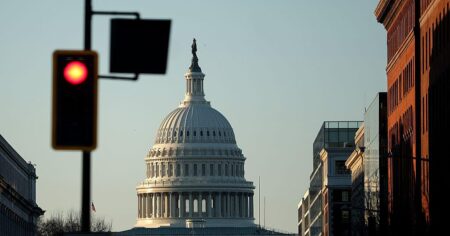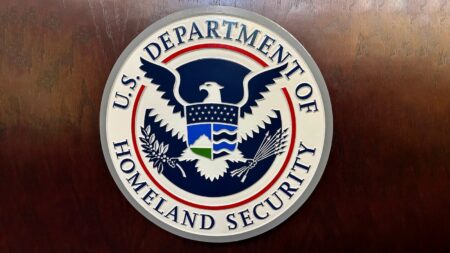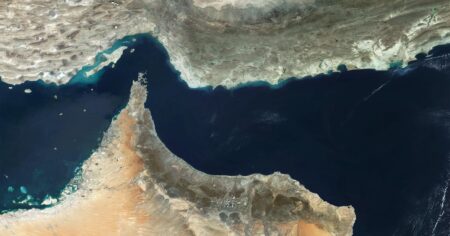Israel has cancelled a key financial waiver that had allowed its banks to cooperate with Palestinian banks in the occupied West Bank. The decision, announced on Tuesday by Israeli Finance Minister Bezalel Smotrich, is expected to put major pressure on the Palestinian banking system and could lead to a serious financial and humanitarian crisis in the region.
The cancelled waiver protected Israeli banks from legal risks linked to working with Palestinian banks. These protections were renewed regularly and were essential for keeping financial exchanges between the two sides working smoothly. Most Palestinian financial activities, including payments, salaries, and money transfers, rely on this banking connection with Israel.
Smotrich explained that the waiver was removed because the Palestinian Authority has supported international efforts that challenge Israel’s legitimacy. The move came shortly after several European countries formally recognized the State of Palestine, a step that triggered a sharp reaction from Israeli leaders. In May 2024, Smotrich had already warned that such a step could lead to financial retaliation, including the end of banking cooperation.
Palestinian banks do not operate fully on their own. The Palestinian Authority has no central bank, and it cannot issue its own currency. Most daily transactions in the West Bank are done in Israeli shekels. Because of this, local banks need Israeli counterparts to handle money transfers, trade payments, and foreign aid. Without the waiver, Israeli banks could face lawsuits or accusations linked to illegal activities, such as the financing of terrorism, even if the claims are unrelated to their direct operations. To avoid these risks, Israeli banks may now stop working with Palestinian ones entirely.
The international community has expressed concern. In July 2024, the G7 nations urged Israel to maintain financial ties with the Palestinian Authority to avoid destabilizing the region. At that time, U.S. Treasury Secretary Janet Yellen also warned that cutting the connection between Israeli and Palestinian banks could cause a major humanitarian problem. Most Palestinian workers receive their wages through bank accounts. Government employees and social aid programs are also paid this way. Interruptions in the banking system could affect healthcare, education, and food supplies.
The Palestinian Prime Minister, Mohammad Mustafa, has appealed to the global community for support. He warned that the banking crisis could stop salaries from reaching public employees and prevent critical imports like fuel and medicine from entering the West Bank. The banking issue adds more pressure to an already weak economy. Unemployment in the Palestinian territories is high, and prices for basic goods have gone up sharply in recent months.
Israel’s decision is also part of a wider political conflict with the Palestinian Authority. The two sides have disagreed on many issues, including the PA’s attempts to join international bodies and seek recognition as a state. In response, Israel has taken steps such as withholding tax funds and restricting movement. Critics say these actions are being used to pressure the Palestinian Authority into stopping its diplomatic efforts. Some legal experts and human rights groups argue that such economic pressure may go against international rules, especially when it harms civilians.
The financial system of the Palestinian territories has been under Israeli control since the Oslo Accords in the 1990s. The Palestinian banks are not connected directly to global markets. They must work through Israeli banks to make international payments and receive foreign aid. For example, European and Arab countries that send funds to support Palestinian hospitals and schools have to go through this system. If Israeli banks now refuse to deal with Palestinian ones, those funds could get stuck or lost in the process.
Some Israeli security officials have reportedly expressed concern over the waiver cancellation. They fear that a collapsed Palestinian financial system could lead to unrest and increase tensions in the West Bank. Without working banks, people may not be able to withdraw money, buy goods, or pay rent. Businesses may be forced to shut down. This could create wider instability, which would affect both Palestinians and Israelis.
Despite the growing pressure, the Israeli government has not said whether it plans to reverse its decision. Financial experts say Palestinian banks may try to find other channels to stay connected to the global economy, but these alternatives are limited and could take months or years to build. In the meantime, ordinary Palestinians are likely to feel the effects very soon.
The United Nations, World Bank, and European Union have all expressed concern and may raise the issue in upcoming talks with Israeli officials. Some countries have also suggested that new financial safeguards could be created to keep aid flowing and avoid a complete shutdown of banking services in the West Bank.















